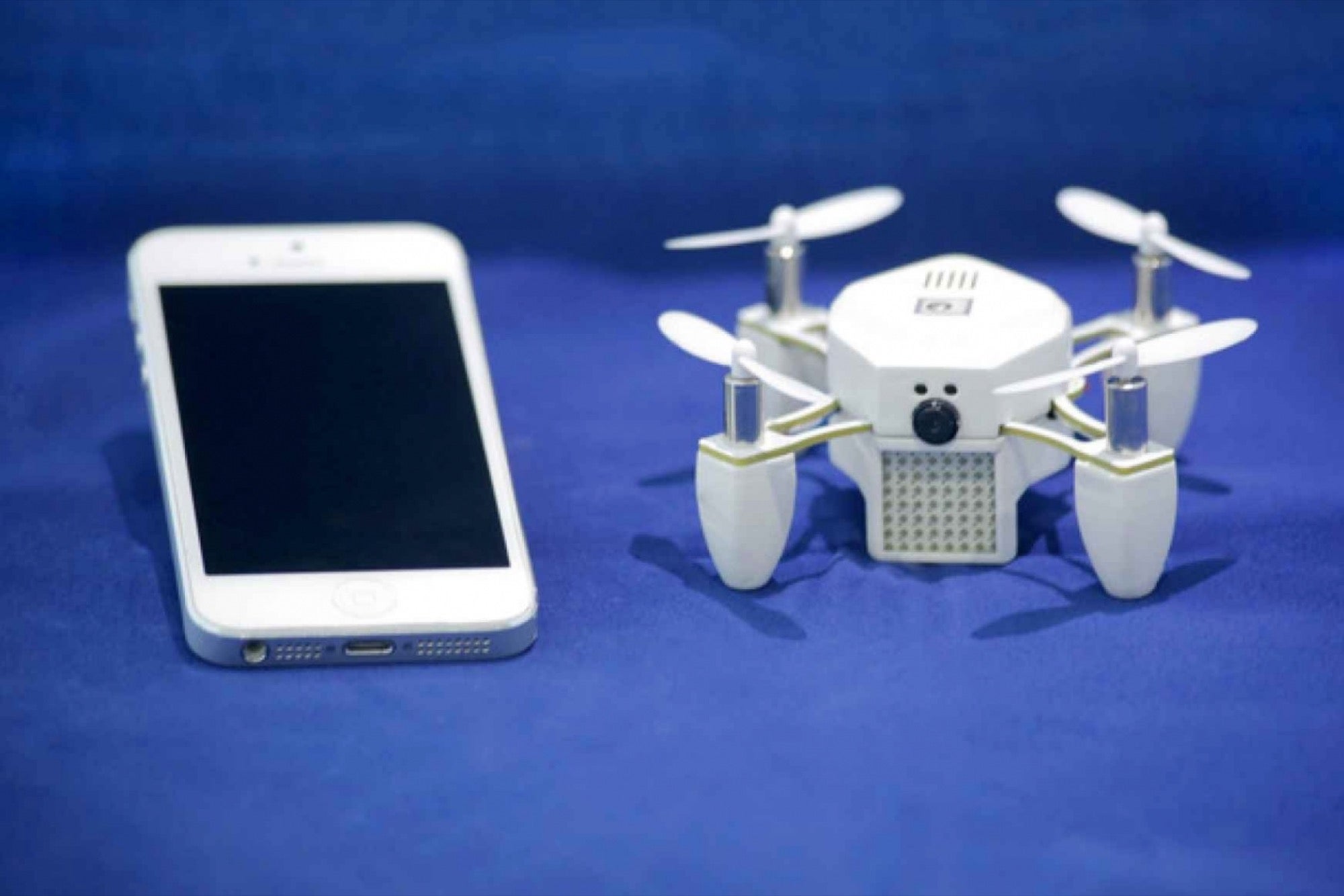Kickstarter Hires Journalist to Investigate Campaign That Failed to Deliver to Backers The Zano crowdfunding campaign raised $3.6 million to make mini drones that take pictures and video. Some drones were delivered, but overwhelmingly, backers did not get the rewards they expected.
By Catherine Clifford •

Opinions expressed by Entrepreneur contributors are their own.

Failure is a part of crowdfunding. And Kickstarter is making a push to be more transparent about what that failure looks like and why it happens.
Science and technology journalist Mark Harris announced this week that he has been hired by the Brooklyn-based crowdfunding platform Kickstarter to investigate and write an expose about why a crowdfunding campaign on its platform failed.
Harris, a freelance journalist who has written for publications including The Economist, The Guardian, MIT Tech Review and New Scientist, will be writing about the Zano campaign, which raised more than $3.6 million for a nano drone that takes pictures and video. Zano says the drone is able to fly on its own, and users can control the device from a smartphone. The campaign got a lot of buzz and was covered by dozens of media outlets.
Related: Why This $34 Billion Company Is Dipping a Toe Into Crowdfunding
Ultimately, however, some drones were shipped, but most backers did not get the drones they were expecting in exchange for their contribution to the campaign.
The Zano team said that it added features to the prototype that were suggested by the crowdfunding campaign backers and the additional features added 15 grams to the weight of the prototype. To try to balance out the additional weight, the Zano team tried to use lighter plastics and bigger propellers on the construction of the drone.
"These upgrades represented technical challenges, which added to an already complicated project," the Zano team said in a letter to backers when they disclosed that they would have to quit operations and cancel production. "Ultimately, these upgrades coupled with delays caused by the creation of a bespoke and automatic testing rig had significant financial and timeline impacts upon the project."
Kickstarter wants to know more. It also hopes that by investigating what went wrong with Zano, other campaigns can learn from the company's mistakes.
"It's OK for Kickstarter creators to take on big ideas and fail, but we expect transparency and honesty along the way. The backers of the Zano project deserve a full account of what happened," says David Gallagher, a spokesperson for Kickstarter. "Transparency around the ups and downs of the creative process helps us all build a more creative world."
Harris said that he would show the report to Kickstarter before publishing the article, but he insists that the crowdfunding platform will not have any right to make any changes to his story. Part of what Harris has been tasked with researching is whether Kickstarter itself could have done anything to prevent this failure, Harris wrote in a post he published on Medium disclosing the commission for the article.
The announcement of Kickstarter hiring Harris comes on the heels of a report the crowdfunding company released earlier this week disclosing that nearly one in 10 successfully funded projects don't deliver rewards. That report was independently researched and produced by a professor at the Wharton School of Business at the University of Pennsylvania.
Viewed together, hiring an journalist and performing an independent report show that Kickstarter is making a concerted effort to be more transparent about the dark corners of crowdfunding.
Often hailed as the great democratizer of finance that gives entrepreneurs opportunity where previously they had none, crowdfunding is an inherently risky operation. Backers need to be fully aware of whats at stake when they decide to put their hard-earned dollars into a crowdfunding campaign.
Related: Nearly 1 in 10 Kickstarter Projects Fails to Deliver Rewards












